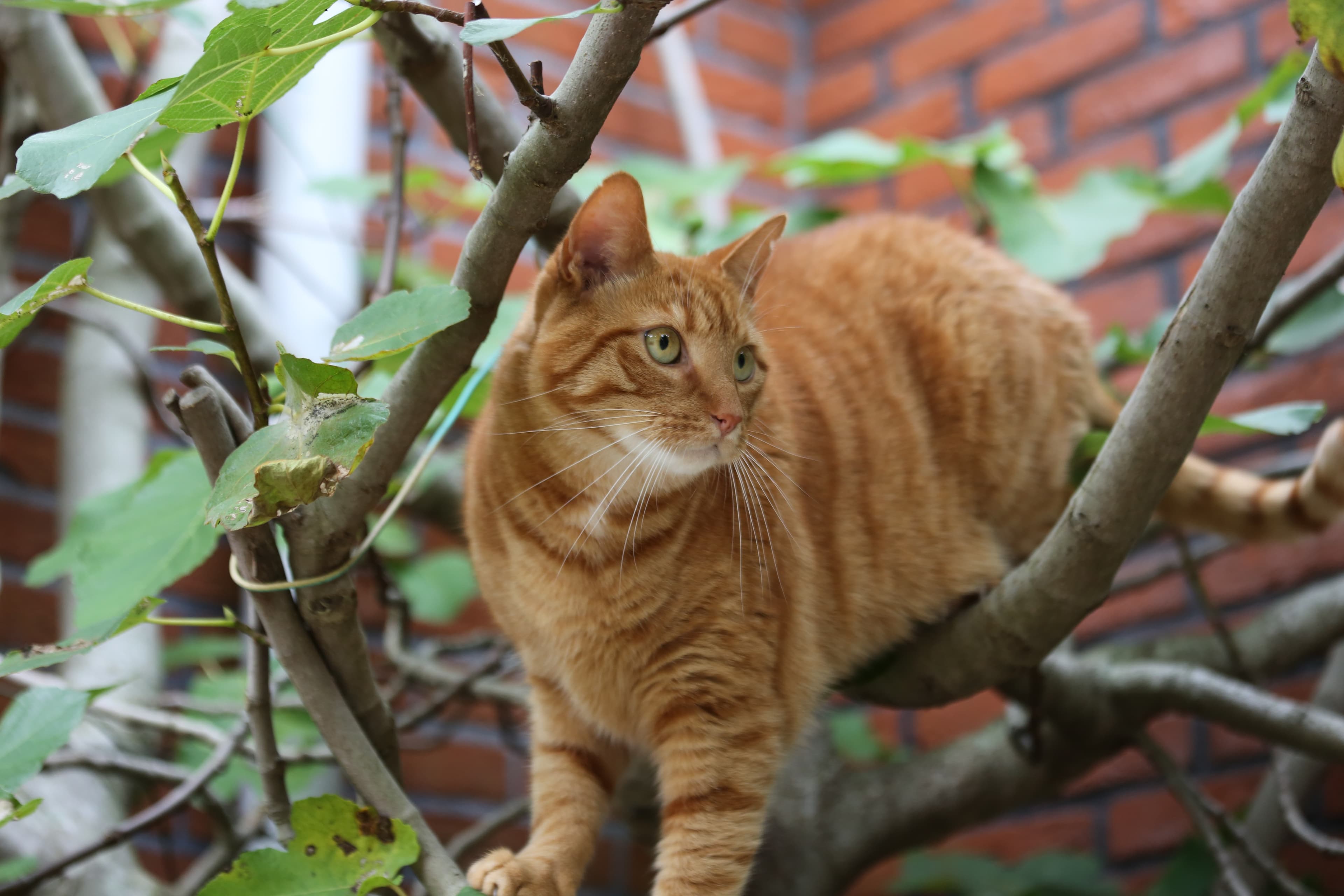Deworming Cats: How to Deworm Your Cat & Kittens
Deworming your cat
Worm infections are common in cats and can happen at any time. If your cat loves hunting mice and birds, they're more likely to pick up worms. This article covers deworming cats and provides essential information.
A frequent question is: "How often should cats be dewormed?". The best deworming schedule depends on several factors, like your cat's age, lifestyle, and exposure to infection risks.
Deworming kittens
Kittens should ideally be dewormed by the breeder around 12 weeks old. When you bring your kitten home, always ask the breeder if they've already been dewormed to ensure they're protected from an early age.
Deworming indoor cats
Indoor cats generally don't need regular deworming unless you notice signs of infection. It's important to watch for symptoms like vomiting, diarrhoea, weight loss, or a dull coat. If you suspect worms, consult your vet for advice on the best deworming treatment.
Deworming outdoor cats
Outdoor cats that hunt or eat prey like mice and birds should be dewormed regularly, typically twice a year, as these animals can carry parasites. Also, deworm your cat if you see any symptoms of infection or find worms in their vomit or faeces.
Common signs of worm infection in cats:
Vomiting worms or seeing worms in faeces
Weight loss and poor appetite
Diarrhoea
Dull or poor coat quality
While parasites can contribute to chronic digestive issues in cats, they aren't the most common cause. Over-the-counter deworming treatments, like Milbemax, are available from most pet retailers and pharmacies.
The most common worms affecting cats in the UK are roundworms and tapeworms.
Roundworms are particularly common in kittens and young cats, as they can be infected via their mother's milk. A significant roundworm infection can make kittens, elderly cats, or those with weakened immune systems seriously ill. Adult cats usually experience milder symptoms or may show no signs at all.
Tapeworms are common in outdoor cats. These worms aren't passed directly from cat to cat; the risk comes from eating infected rodents like mice or rats, which can carry tapeworm larvae.






